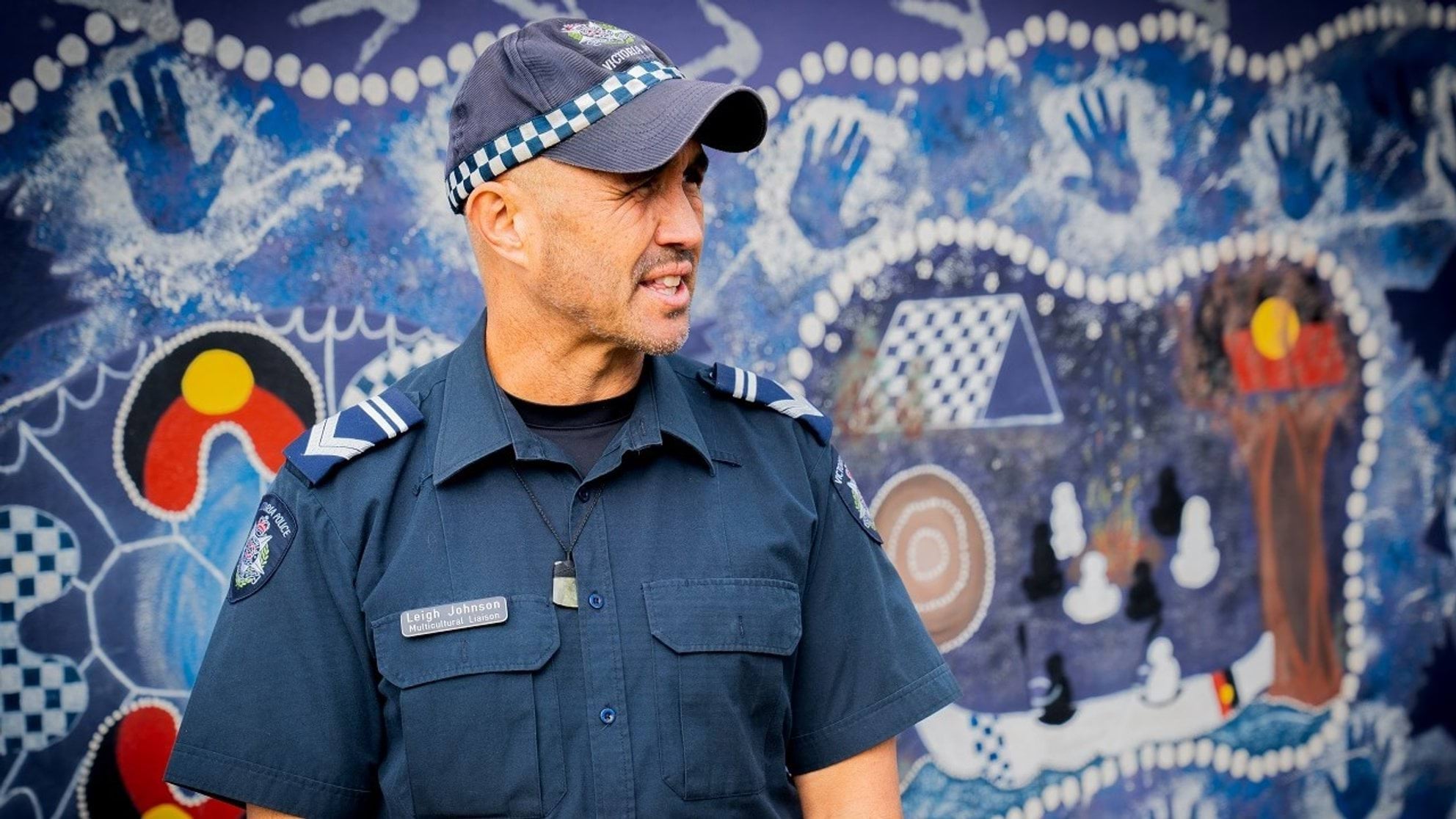When plans change at short notice and regular routines are upset, some partners can feel isolated or like solo care givers.
As a partner, you’re likely to be the main confidant or sounding board for your spouse as they manage the demands of a job, which frequently includes stressful or traumatic situations.
On the other hand, some police employees choose not to talk about work at home at all, which can leave some partners and families feeling cut off from a significant part of their loved one’s life.
Changes in a loved one's mood or behaviour and having difficulties managing emotions can leave you feeling that your concerns and your family’s needs are minimised. You might also feel like you’re ‘walking on eggshells’ to avoid triggering angry reactions from your partner.
It's important to remember that caring for an emergency services worker whose mental health is impacted by shift work and long hours, requires you to look after yourself first.
Caring for yourself
If you are a partner, family member or close friend of a person struggling with mental health, it’s likely you’ll be affected by their experience. You may experience sadness, frustration, worry or even hopelessness.
To care for others, you first need to care for yourself. If you've travelled by plane before, think about the flight safety message that tells you in an emergency put your own oxygen mask on first before attempting to help others - it’s the same principle in life.
Be compassionate with yourself. If you feel angry, worried, disappointed, or fearful, acknowledge how you feel and don’t pretend that this experience isn’t hard. You are doing the best you can right now.
Getting the help you need
Your local GP will be able to find and refer you to a counsellor or allied health professional.
If you are a family member of a Victoria Police employee, you may be eligible to use the Employee Assistance Program to access support. To find out more, contact Victoria Police Wellbeing Services on 1300 090 995
Our Wellbeing support page also has a variety of resources to support you while you are supporting others.
Additional support services
Find a carers group if you are supporting someone experiencing mental ill-health. This can give you a safe space to share and receive information, tools, and support from others in your situation.
Updated


